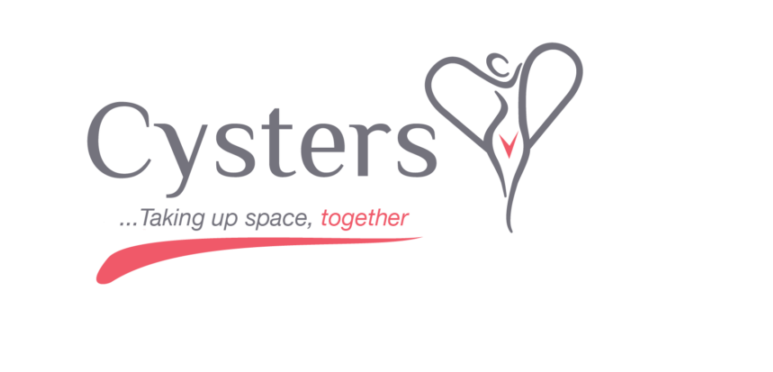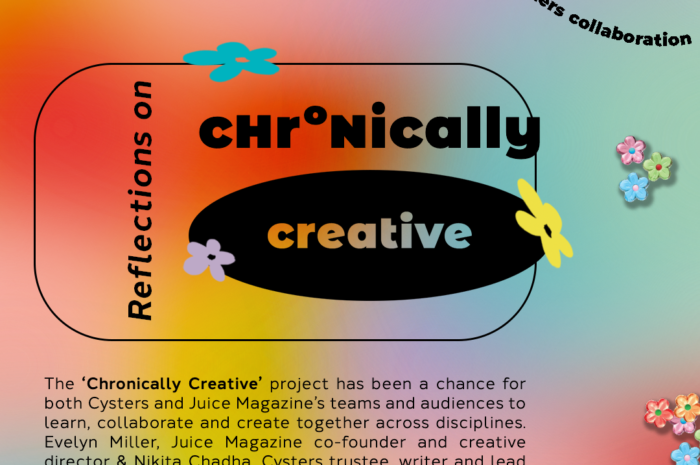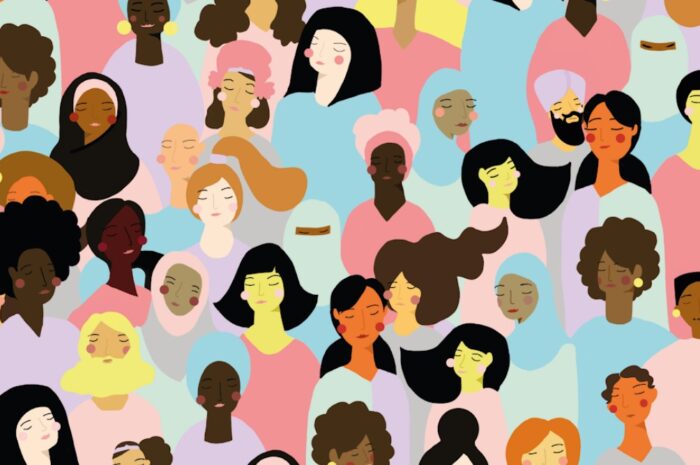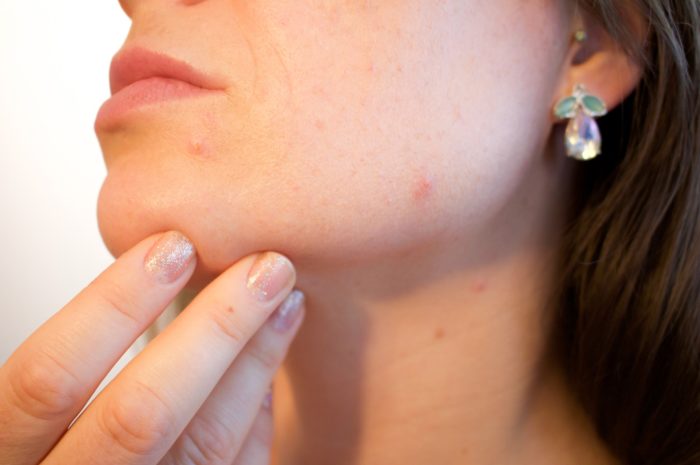
Mum’s Not The Word
by Aisha Balesaria (she/her)
Infertility is Much More Than the Diagnosis
Infertility; only those who’ve ‘got it’ really get it. Infertility is defined by the failure to achieve a pregnancy after 12 months or more of regular unprotected sexual intercourse. Given my long history of infertility, I’m pretty sure most infertiles would say it’s much more than this. It’s psychological turmoil, reduced self-esteem, feelings of failure, fear, anxiety, loneliness, guilt, grief, depression, hopelessness and more. Infertility is layers. Layers often misunderstood by those fortunate enough never to have walked a day in an infertile person’s shoes.
For years I believed I was the cause of my husband’s longstanding misery – the consequence of a very late endometriosis diagnosis and the primary cause of my infertility. The next ten years looked like surgery to remove endometriosis, many failed rounds of IVF, several miscarriages and eventually, the courage and strength to embrace a childfree-after-infertility life. It was a heavy burden to shoulder and came with grief few understood.
Labels Should Be Reserved for Designer Jeans
Rarely have I fitted the narrative society wanted to force upon me. As a teenager I grew up in a loving mixed heritage home. Uncommon during that time, it came with difficulties. I didn’t entirely belong to either half – I was far too ‘white’ for South Asians and way too ‘cultured’ for the English. Twenty years later the narrative shifted, being ‘mixed-raced’ was ‘in’ *rolls eyes* and models with our unique characteristics were everywhere. However, it would take many years before I realised the beauty of my individuality all thanks to the negative connotations being mixed-raced bore not so long ago.
Although belonging looked better, my undiagnosed chronic illness (endometriosis) began ruling my life and slowly, feelings of not ‘fitting in’ resurfaced. Who in their twenties complained about fatigue, pain and bleeding besides me I wondered – no one it seemed. Labels such as: normal, able-bodied and healthy made me realise I lived a life opposite to most.
In my thirties I was diagnosed with infertility after a laparoscopy revealed I had stage four endometriosis. Endometriosis is a condition where tissue similar to the lining of the womb grows in various locations throughout the body. Infertility was by far the hardest label to accept and ‘fitting in’ became complex. It seemed everyone was getting pregnant (except me) and I was surrounded by mums. Unable to fall pregnant naturally I started reproductive assistance, and then it became IVF mums. It was a huge slap in the face that medical intervention worked for others but not me; another reminder of how my body failed to make me a mother. A ‘mum’s club’ outsider with no ‘infertility equivalent’, it was tremendously painful. Infertility began defining who I was, a sad inadequate barren who couldn’t give her husband a child.
Conversations with my peers would reinforce these thoughts. Mum talk would (and still does) take up so much space and I wondered how nice it would be to have more inclusive exchanges in those moments.
Healing is Not Linear
After several failed attempts at IVF and many miscarriages later, I finally embraced my childfree-after-infertility life. The path to healing was messy and I was riddled with sadness and anxiety. Those who’d already left the process childless would talk of their plan B or C and I felt I must do the same in order to justify how my ‘childless days’ were going to look. What can Aisha do to fill the emptiness of not having a child? What was my purpose beyond parenthood? That was the question I really wanted answered; would I be the childless traveller?
I’ve lost count of the times I’ve been asked if I have children, my answer usually generates the following responses – “at least you’re an aunty”, “a cat mum”, “a wife”, or “why don’t you just adopt?”. None of these things will ever fill or negate the pain of being unable to have children of my own and I wonder if people say such things to make themselves comfortable. I was desperate to fit the narrative and ‘mum status’ in any capacity would allow me to feel included. I would frequently change my Instagram bio – *cat mum, *aunt-mum, *angel mum – after all I had miscarriages, I’m still a mum right?
Perspectives Can Change
Unlearning and questioning the status quo meant growth and self-awareness would later inform how my current life looks. I surprised myself! My views have significantly changed through this process and eventually I realised there are varieties of a happy life. I no longer feel the need to justify what my childless days look like. I don’t want to be Peaches ‘cat mum’ or my nephew’s ‘second mum’, he already has one and being the aunt he needs is enough. Becoming unapologetic about who I am is the real glow up after ten, messy years of idolising parenthood and believing a childless life must be an empty one. Although these definitions no longer align with me, they do for many childless individuals who find them empowering.
I recently saw an Instagram post which said: ‘Man of the house, don’t you mean, mum of the house’ – these words are the exact reason why so many people equate womanhood to motherhood, even though they are two very separate things *sigh*. Four years ago this post would have reinforced my limiting belief that the only acceptable outcome if you’re infertile, is being a mother.
Just as parents can’t fathom a life without one, two or three children, I can’t imagine a life with any at all. I didn’t have a choice on whether or not I became a mum, but I do get to choose how my life looks now. When asked what I do at home all day (because I’m childless) I reply with confidence, “whatever the heck I want”. I enjoy the perks of laying in and staying out late.
I’m told parenting is the most wonderful experience and I’m sure that’s absolutely true for those who are – however, I’d argue living without children is no better or worse than being a parent. Both can be equally wonderful.
Growth is a Gift
A friend recently said the infertility space is redundant, I couldn’t disagree more. What’s redundant is the conventional narrative taught about infertility, that the only acceptable outcome is having a baby. I want those with infertility to know that walking away without a child is also a valid option. I’m creating support through social media and 1:1 coaching desperately needed for those, like me, who’ve left the process with empty arms and a broken heart. Through healing, I learned there is hope – living a life you enjoy is possible even if it’s not the one you choose. My current life was never plan B, it’s a continuation of what it’s always been, me, trying to figure out what’s next. In truth, ‘mum’s not the word’ – it never should have been, in the same way being a wife or daughter isn’t either. I’m just Aisha – although I’m not, ‘just Aisha’. I’m Aisha, Coach and creator of mindbodyrevival_coach, co-author, writer and diversity champion who loves art galleries, travelling, fine-dining, reading dry ass history books (don’t judge me), sleeping, Netflix and living a life that isn’t all figured out *smile*. So, what’s really important for Aisha and her future? Continuing my growth – without this, I would argue one isn’t really living at all.
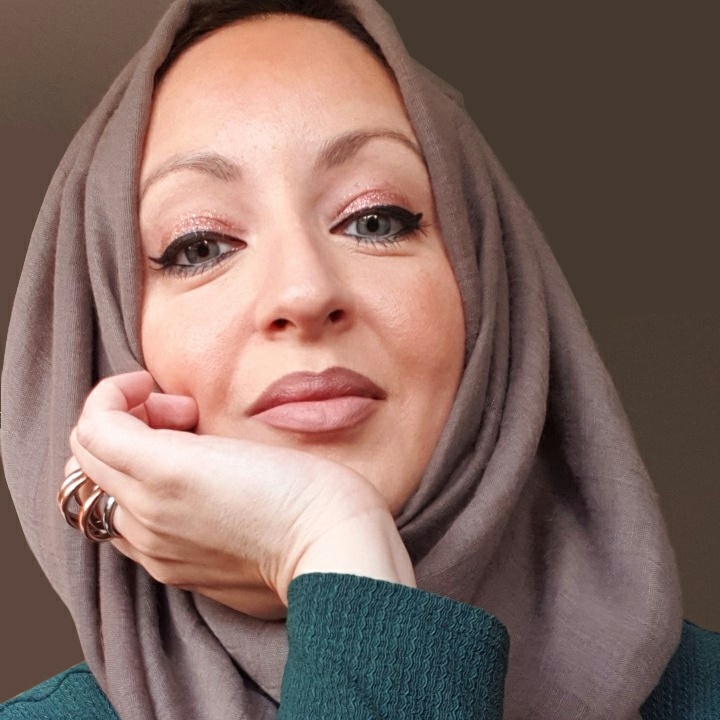
Aisha Balesaria is the founder of mindbodyrevival_coach and her aim is to empower those who are childless-not-by-choice, have infertility or chronic illness through 1:1 coaching.
Instagram handle: @mindbodyrevival_coach
Twitter handle: @mindbodyrevival
Web site: www.mindbodyrevivalcoach.com
